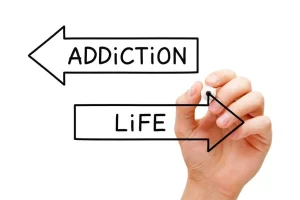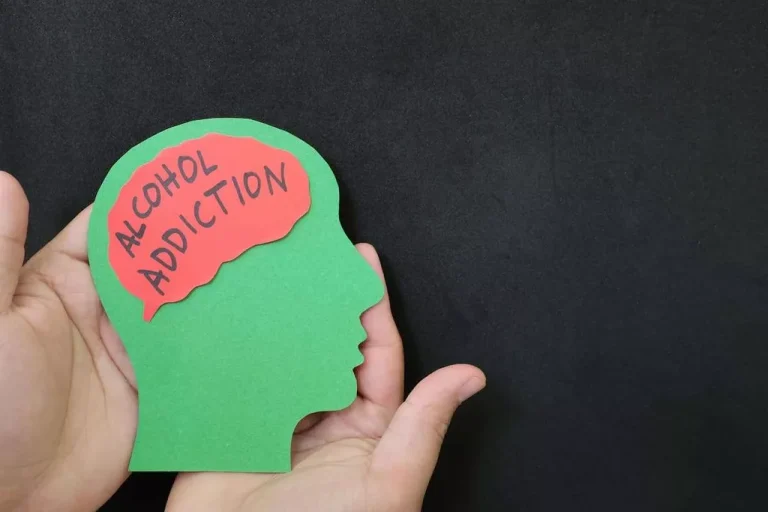
If you’ve become dependent on alcohol, you may encounter alcohol withdrawal when you cut back or stop drinking. Withdrawal symptoms can be dangerous and even life-threatening, particularly when you quit cold turkey after a long period of alcohol abuse. If you experience withdrawal symptoms, speak to a doctor about tapering safely. If you’ve been drinking regularly for a long time, you may need to speak to a doctor before you stop drinking. An alcohol taper can be effective in beginning recovery and help set a realistic goal for those not ready to quit alcohol completely, but they’re not for everyone.
Trying Non-Alcoholic Drinks
- One of the keys to a successful taper is taking gradual steps that will cause as few side effects as possible.
- Generally, light to moderate drinkers should plan to taper for a week or more.
- Essentially, when an individual drinks, the brain amplifies certain activities to counterbalance the depressive effect alcohol has on it.
BetterHelp can connect you to an addiction and mental health counselor. Ria Health offers several FDA-approved medications for alcohol use disorder. When combined with counseling, this approach is proven highly effective. Excessive drinking can weaken the immune system, increasing the body’s likelihood of developing an infection. Diseases like pneumonia and tuberculosis are more frequent in individuals who chronically drink.
How Do You Safely Taper Off Alcohol?

It’s important to be realistic about your drinking habits and not underestimate the amount of alcohol you consume. Dr. Streem says that if your goal is to stop drinking altogether, you’re more likely to have success quitting all at once, rather than weaning off alcohol. Early symptoms of alcohol withdrawal usually start about six hours after the last drink. Early symptoms include weening off alcohol headache, sweating, tremors, vomiting and difficulty concentrating.
Long-Term Alcohol Use and Weaning
This involves carefully assessing your current alcohol consumption, setting achievable goals, and continuously monitoring and adjusting your plan as needed. Explore how to wean yourself off alcohol safely, from tapering plans to handling severe symptoms. If you’re living with alcohol use disorder, treatment at a medical rehabilitation facility is your best option. Through therapy, support groups and medication, you’ll be supported on your path to recovery.

After about one week of detox, you can transition into inpatient treatment. Our 30-day inpatient program offers the most structured and supportive pathway to ongoing recovery from alcohol addiction. Tapering off alcohol can help reduce withdrawal symptoms in some cases, but the effectiveness varies depending on individual factors and the severity of alcohol dependence. Seeking professional guidance is advisable to ensure a safe and effective tapering process. If you start to experience significant withdrawal symptoms when you stop drinking, a taper can provide a much safer method to detox from alcohol.

These symptoms generally appear 12 to 24 hours after your last drink. While these symptoms are more severe than Stage 1, they are not life-threatening. There are several mild to moderate psychological and physical symptoms you might experience when you stop drinking.
- Discover 10 ideas to help you give up alcohol and empower change for a healthier, happier life.
- Yes, your tolerance to alcohol can diminish fairly quickly after you stop drinking.
- Excessive drinking can weaken the immune system, increasing the body’s likelihood of developing an infection.
- For example, if you normally drink 6 glasses of wine each night, you can try reducing that to 5 glasses of wine a night.
- Weaning off alcohol is a hard process, but it is something that you should be immensely proud of.
- People experiencing mild to moderate alcohol withdrawal symptoms often receive outpatient care—meaning there is no extended time spent in a hospital or facility.
- Meanwhile, the brain is producing more and more neurotransmitters, making a person further imbalanced.
How to Gradually Stop Drinking
When you quit alcohol after having developed alcohol dependence, your brain will be thrown into a chemical imbalance. As a depressant, alcohol will cause your brain and body to get used to its inhibitory effects on your nervous system. It may adapt by producing more excitatory chemicals and fewer of its native inhibitory chemicals. When you stop drinking, your brain will stop getting the inhibitory effects of alcohol and become overstimulated.
- If you’ve decided to quit drinking, and tapering seems like the right approach, we’ve got you covered.
- Explore its effects, risks, and the debate surrounding alcohol classification.
- Having said that, gaining an awareness of the principles of an alcohol taper can help you when determining how to detox from alcohol by tapering off.
- Therefore, seeking professional care to develop a customized tapering strategy is highly recommended.
- Support groups like Alcoholics Anonymous can help reinforce your goals and boost your spirits.
If you begin to experience serious withdrawal symptoms, drink enough to make the symptoms subside. It can help you reach goals and can minimize some of the unpleasant and severe symptoms of alcohol withdrawal. If you want to change your relationship with alcohol, it’s important to have an honest conversation with a doctor about your drinking habits before you start tapering off. They’ll be able to help you create a tapering schedule that won’t only raise your chance of success but also avoid severe symptoms. You don’t have to let the fear of alcohol withdrawal stop you from cutting back or quitting.